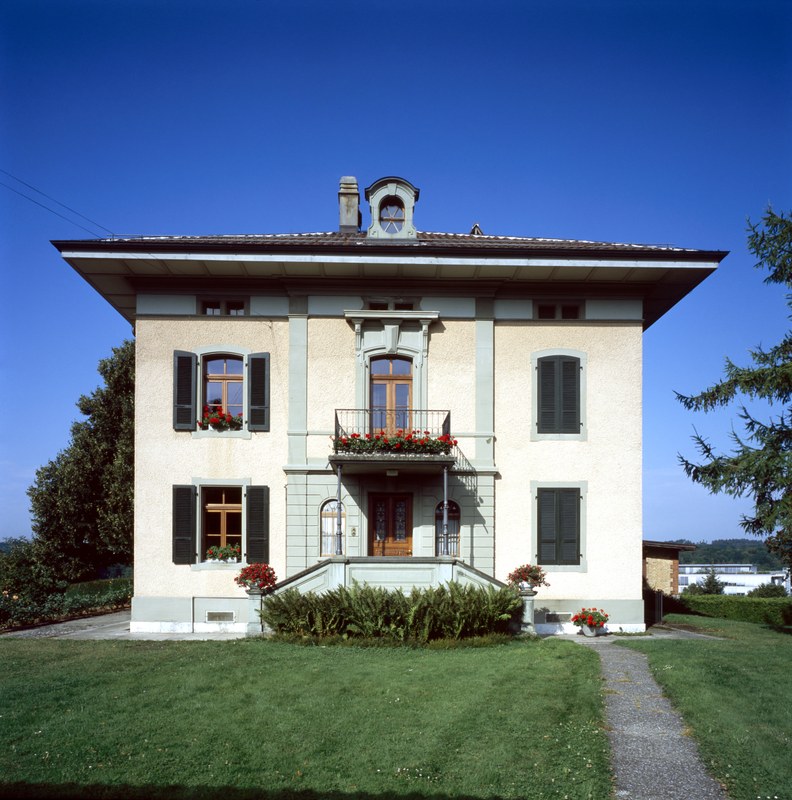The Gosteli Foundation was established in 1982 with the aim of securing independent sponsorship for archives documenting the history of the feminist movement in Switzerland. The inspiration came from the fact that the major women's associations and the pioneers of the feminist movement possess a large volume of archive material. The plan to set up an archive in Worblaufen was already a topic of discussion between Marthe Gosteli and Professor Beatrix Mesmer from the Institute of History at the University of Bern, where research into the history of the feminist movement in Switzerland began. It rapidly became clear that the most important records were widely scattered, difficult to access and unclassified.
With the decision to devote its own means to building and maintaining these archives on the history of the feminist movement in Switzerland, the Foundation was doing nothing new. It is on record that the major women's associations had together already planned a public library, an information centre and archives in the 1960s, and had already recognised the great importance of an undertaking of this kind for their work. The Union of Swiss Women's Associations (now Alliance F) already had a professionally catalogued library and pamphlet collection at this point. The contracts were ready to be signed but the project could not go ahead for financial reasons. Over the past 25 years, the Gosteli Foundation has realised the objectives of these forward-thinking women pioneers.
The archive has been collecting and classifying records from women's organisations, women's associations and individual women that have played an important part in business, education, culture, society and family for 30 years. The archive now contains over 400 holdings. To enhance the public visibility of these women’s contributions, the Foundation has in the last few years supported the publication of primary source texts. It also runs an extensive historical library with a large collection of pamphlets, originally founded by the Union of Swiss Women's Organisations.
The use of the archives and library is not restricted to academic researchers: they are accessible by prior appointment and free of charge to any interested organisations and individuals. The archives also include:
- Magazines of the feminist movement
- Pamphlets on feminist issues
- Material on women's professions, women in work, women’s suffrage, women's congresses and women's exhibitions
- Degree theses, dissertations and other academic works
- Magazine collections
- Newspaper articles
- Audio and video material
- Collections of biographies of both Swiss and foreign women
The Gosteli Foundation is listed in the Swiss inventory of cultural goods of national importance kept by the Federal Office for Civil Protection.
Activities
The archive on the history of women in Switzerland is the repository for resources on women’s history. It offers opportunities and support to all researchers in their work. The Foundation maintains contact with institutions both at home and abroad. The Foundation aims to prove that women’s constant contribution to the development of human culture will only be recognised if they are not simply regarded as the victims of oppression. It wants to show the importance of the history of the Swiss feminist movement to our society. There is empirical proof that Swiss women of the early 20th century were among of the best organised in Europe. There is an historical lack of awareness of this in the education system, which needs to be remedied. The Foundation is keen to ensure that women also have equal rights when it comes to being written into the history books.
Aims
The Foundation has two main aims:
- An ideology-free reassessment of the history of the Swiss feminist movement
- Inclusion of the history of women and the feminist movement in our country in history books, in the school curriculum and in adult education courses. It is internationally acknowledged that if women are not accorded equal treatment in the study of history, women will never be fully equal.




